President Donald Trump has spent much of the week evoking the name of the late Senator John McCain, blaming him for some of the troubles he currently faces as a result of Special Counsel Robert Mueller's investigation. The McCain Institute, which works to "champion civic engagement in the United States and abroad" has used the president's attacks to create a page on its website dedicated to commemorating McCain's achievements.
An email blast that the think tank sent to its followers defends McCain's record and includes mentions of his support for veterans and immigrants, his work to institute campaign finance reform and his pivotal vote on Obamacare.
Among the McCain Institute's many bullet points:
- As a U.S. Senator and Chairman of the Armed Services Committee, John McCain was among the Senate’s staunchest supporters of our men and women in uniform.
- John McCain resolutely insisted on making sure our service members had the funding, equipment, training and support they needed. He insisted that they be given clear missions, and he held both civilian and military leaders to account.
- John McCain fought to make sure America kept its promise to its veterans. He held Veterans Administration leaders to account in failing to provide proper health care, including in his home state of Arizona.
- John McCain was a key member of a bipartisan group of Senators who sought to fix U.S. immigration law in the 2000’s. Even then, his position was anchored firmly on “comprehensive” immigration reform, which meant both securing the border, and identifying a path to legalization for those who are already in the U.S. illegally.
- John McCain was the original “drain the swamp” Senator. He was deeply concerned about the influence of money in politics and sponsored legislation seeking to limit that direct influence.
- John McCain voted against the bill presented to the U.S. Senate – his famous “thumbs down” – because it was “repeal,” without “replace.”
- John McCain wanted “replace” and he urged that the legislation go through the “regular order” in the Senate, to make sure it was well thought out and supported, rather than through a lateral move outside the regular order.
It's a direct hit at a president who has often attempted to impugn McCain's life, service, and achievements, and people have noticed.
The McCain Institute's defense of the late senator came after Trump, quoting former Clinton investigator Ken Starr, claimed the dossier compiled by former British intelligence agent Christopher Steele left a "very dark stain" on McCain's life and career.
Trump further claimed that McCain's deciding vote on Obamacare was "worse."
He also, without evidence, claimed that McCain was working with Democrats and "the Fake News" to use the Steele dossier against him.
During an appearance at a General Dynamics tank factory in Lima, Ohio, Trump took aim at McCain again, saying “didn’t get the job done” for veterans. He also complained that he did not receive gratitude for allowing the use of military transport to transfer McCain's body to its final resting place last September.
“I gave him the kind of funeral he wanted, which as president I had to approve,” Trump said. “I don’t care about this, I didn’t get a thank-you, that’s okay. We sent him on the way. But I wasn’t a fan of John McCain. I have to be honest, I never liked him much. Hasn’t been for me. I’ve really, probably, never will.”
The relationship between the two men was notoriously contentious and in 2015, Trump, then a presidential candidate, infamously said that McCain, a veteran of the armed forces who was a prisoner-of-war in Vietnam, was “not a war hero.”
“He was a war hero because he was captured. I like people who weren’t captured,” Trump said at the time. McCain, in response, mocked Trump’s multiple draft deferments, pointing to wealthy Americans who were able to get out of being drafted into service. McCain has been awarded the Silver Star, the Bronze Star, the Legion of Merit, a Purple Heart and the Distinguished Flying Cross for his military service.





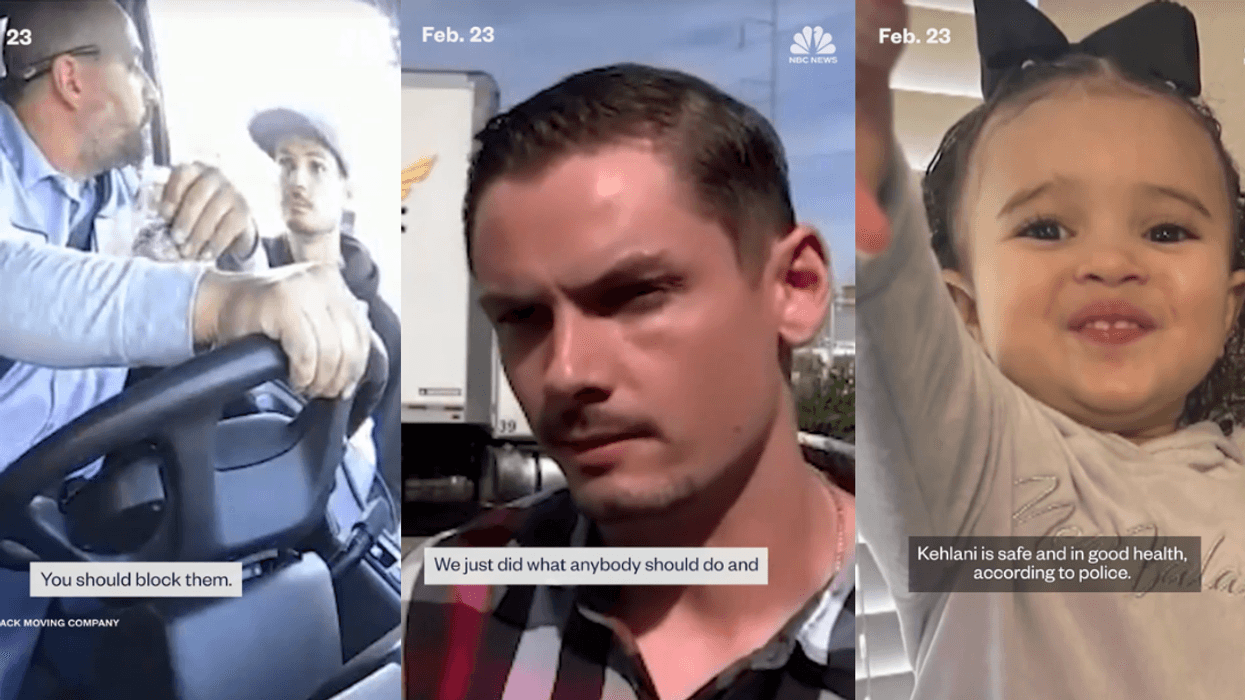

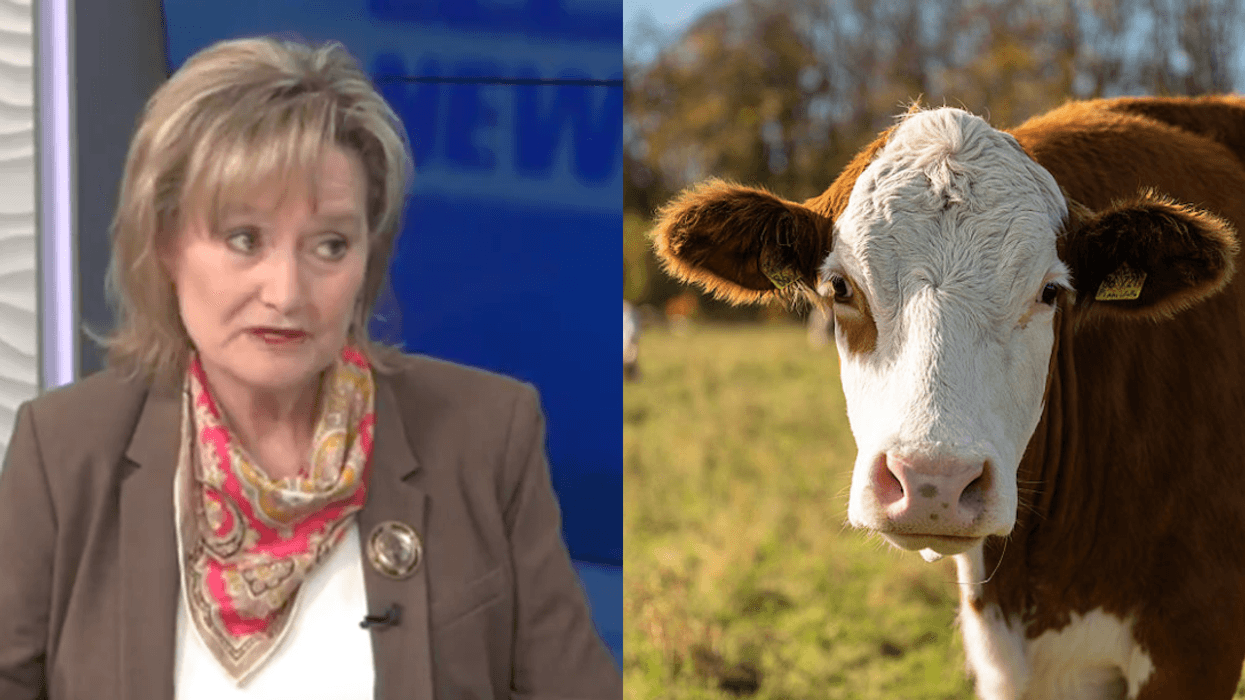


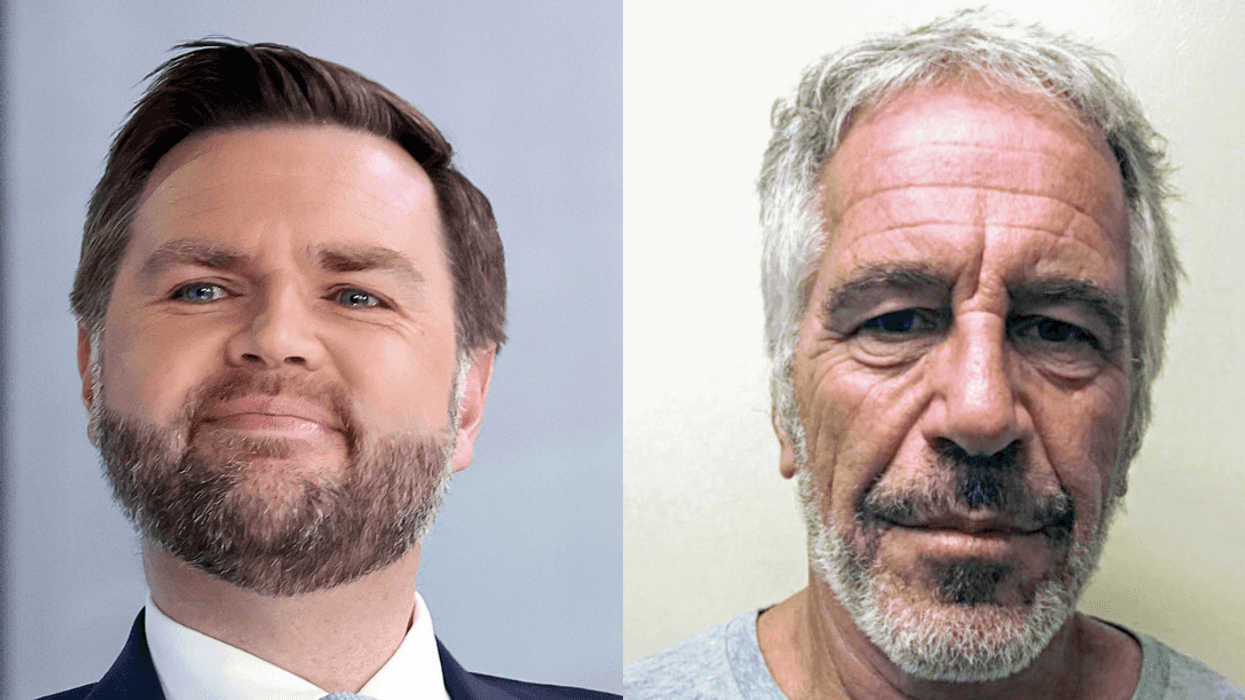


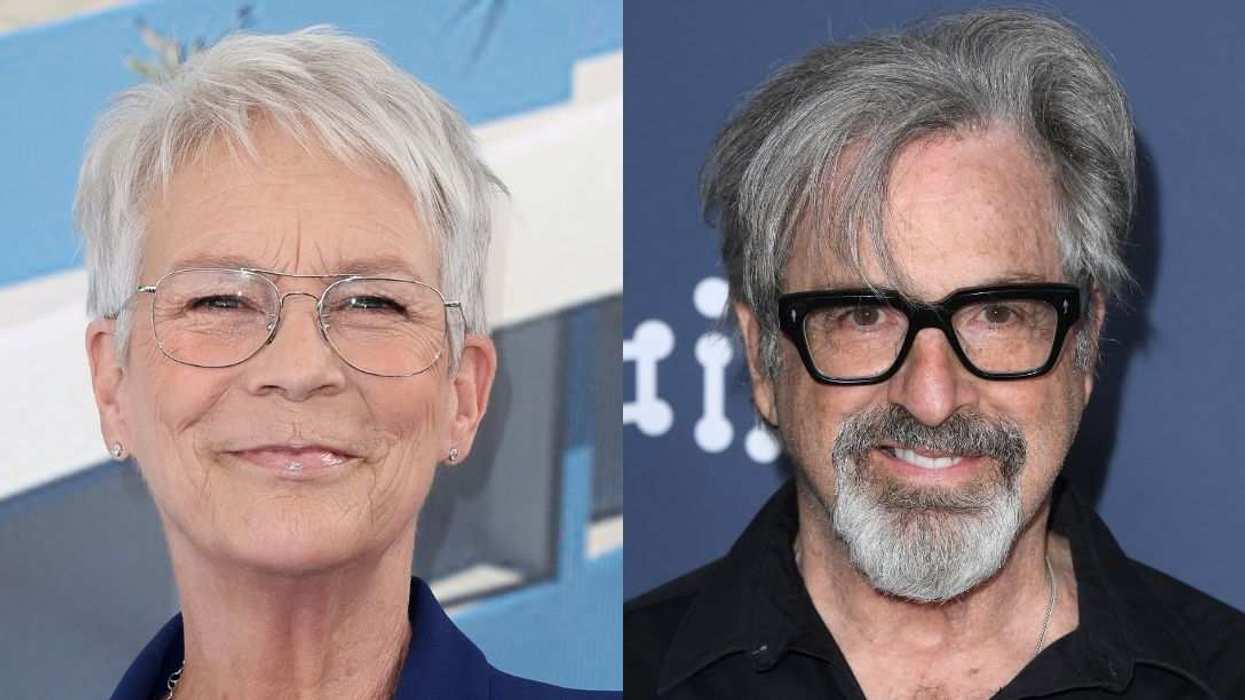
 @ritawilson/Instagram
@ritawilson/Instagram @bettyjo46/Instagram
@bettyjo46/Instagram @dottdott65/Instagram
@dottdott65/Instagram @betseyboop/Instagram
@betseyboop/Instagram @ondinefortune/Instagram
@ondinefortune/Instagram @heathermessina/Instagram
@heathermessina/Instagram @mlejordan/Instagram
@mlejordan/Instagram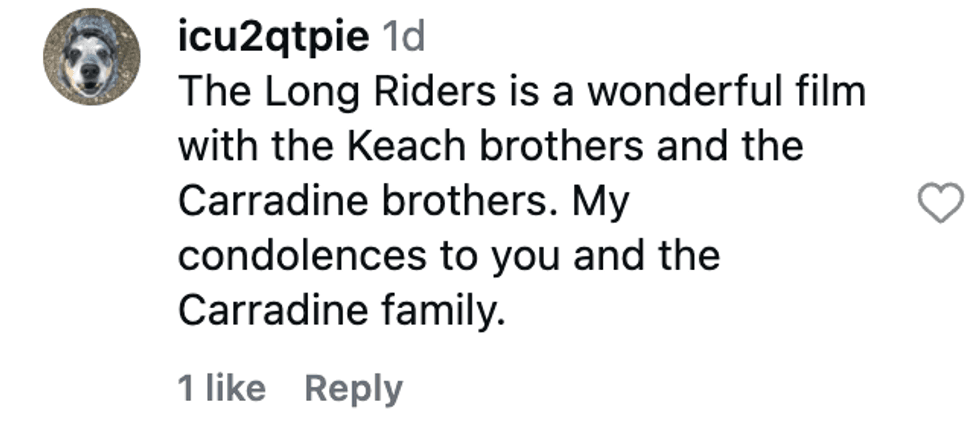 @icu2qtpie/Instagram
@icu2qtpie/Instagram @ryan.mannino013/Instagram
@ryan.mannino013/Instagram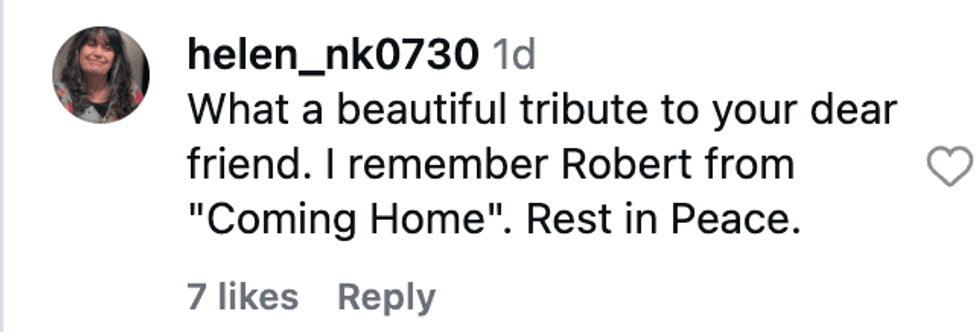 @helen_nk0730/Instagram
@helen_nk0730/Instagram @steph.lynn_26/Instagram
@steph.lynn_26/Instagram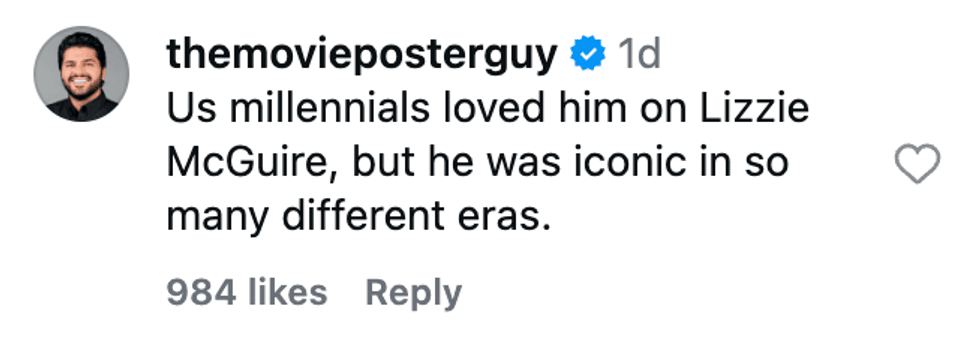 @themovieposterguy/Instagram
@themovieposterguy/Instagram
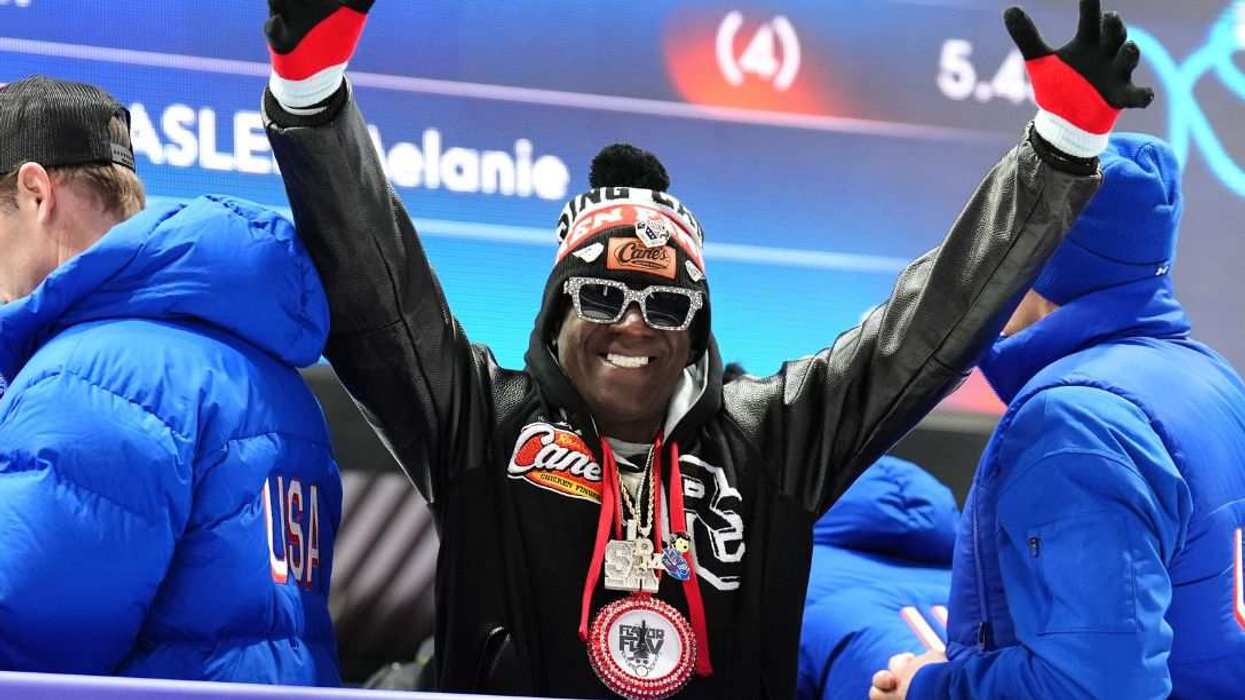
 @lancebass/Instagram
@lancebass/Instagram @aj_mclean/Instagram
@aj_mclean/Instagram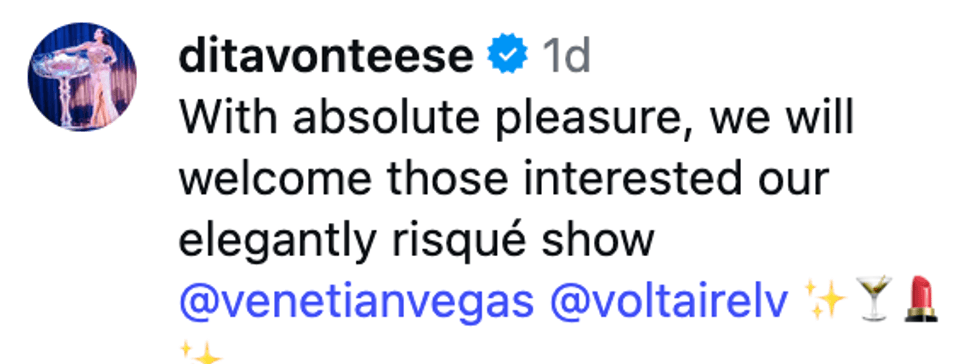 @ditavonteese/Instagram
@ditavonteese/Instagram @tmobilearena/Instagram
@tmobilearena/Instagram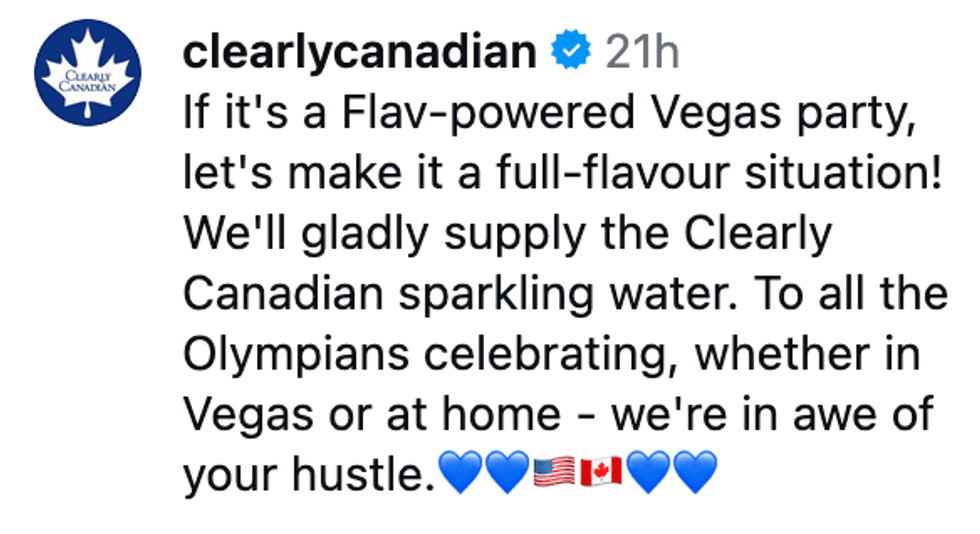 @clearlycanadian/Instagram
@clearlycanadian/Instagram @sprouts/Instagram
@sprouts/Instagram @cityoflasvegas/Instagram
@cityoflasvegas/Instagram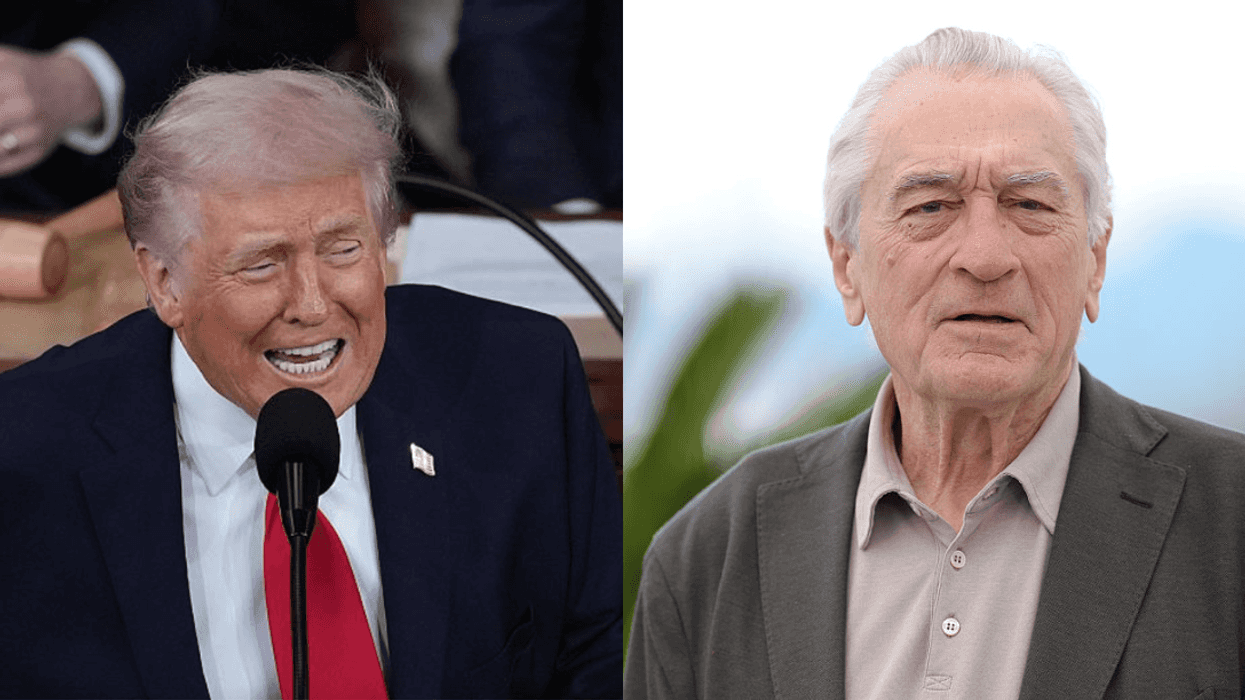
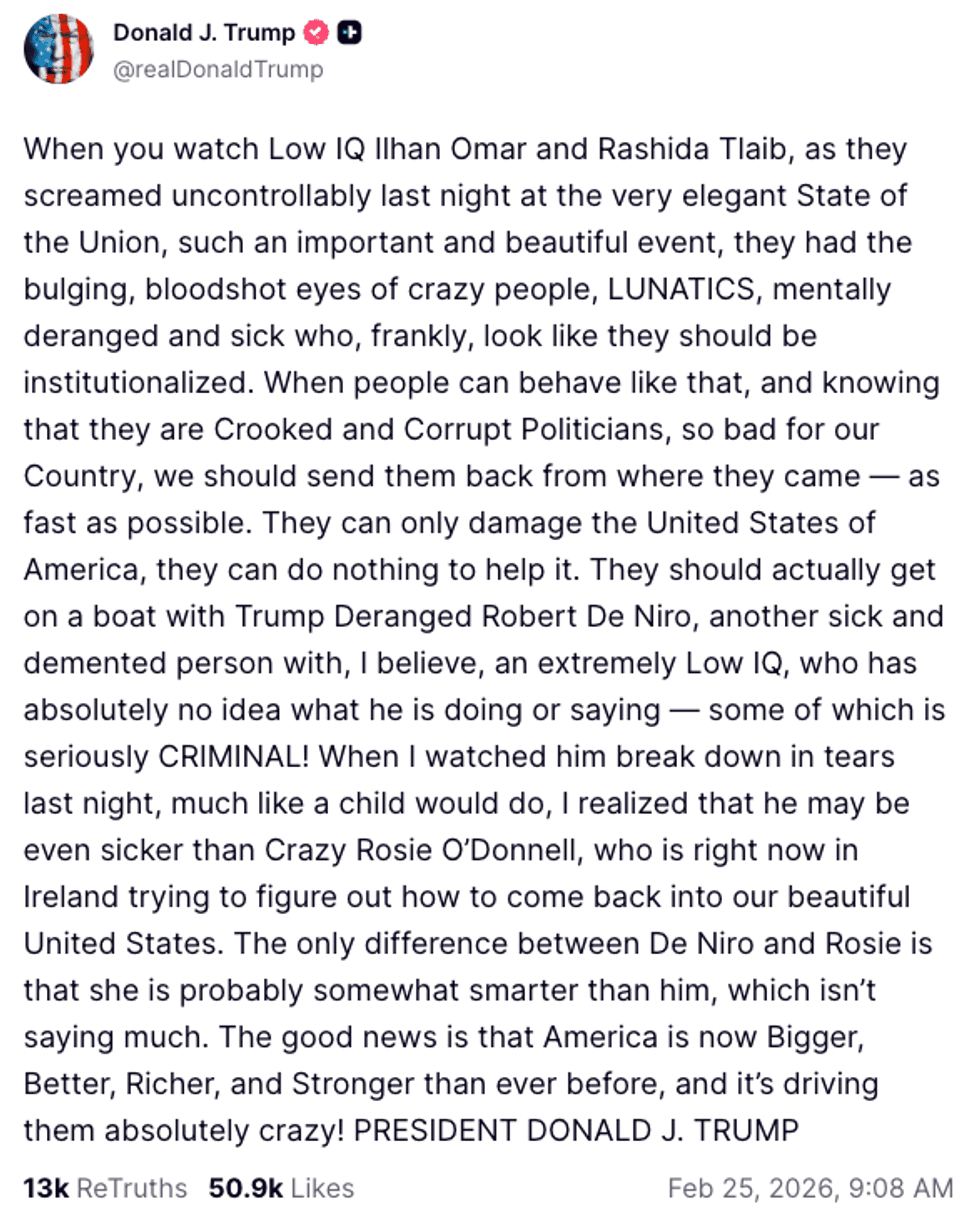 @realDonaldTrump/Truth Social
@realDonaldTrump/Truth Social